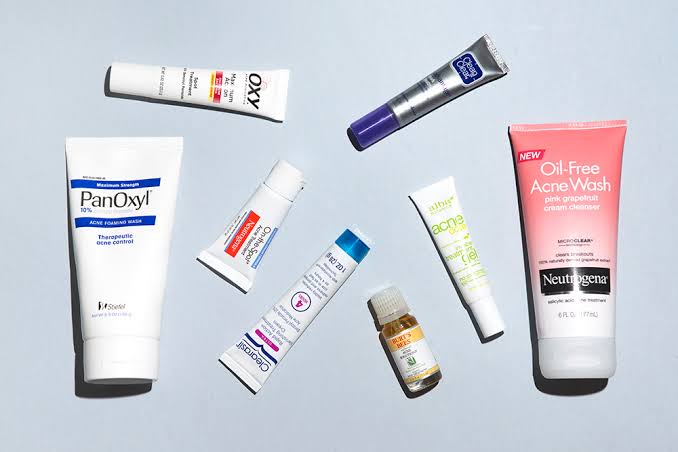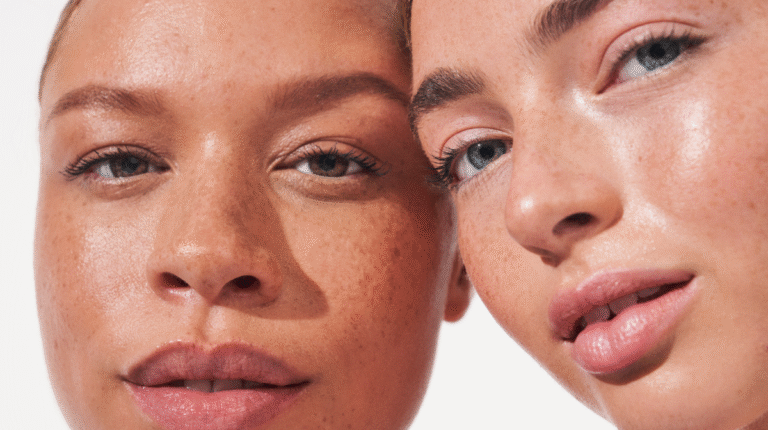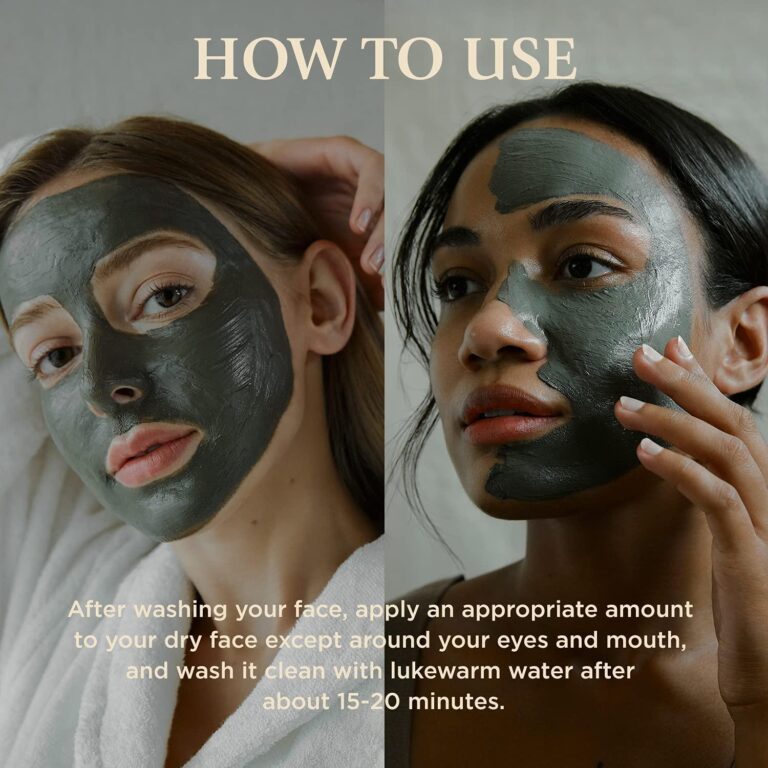
In the world of skincare, retinol is one of the best antioxidant-rich formulas out there, and it’s also on the list of the best acids to invest in for shrinking large facial pores and signs of aging.
Retinol is a gentler form of retinoids derived from vitamin A, and has been shown critically to increase skin cell turnover, reduce oil production, and tighten pores.
Accordingly, retinol can be used to treat acne, balance pigmentation, reduce acne scars, and diminish fine lines. If your problem is blackheads, whiteheads, or cysts, retinol is the answer.
Another powerful ingredient that is also effective against whiteheads and cystic acne is benzoyl peroxide. A combination of benzoic acid and oxygen, benzoyl peroxide works by penetrating into pores and eliminating acne-causing bacteria. Benzoyl peroxide can slough off dead skin cells, remove excess oil, and unclog pores. Since retinol is all about stimulating surface cell turnover while benzoyl peroxide targets bacteria, should we use them together to increase the effectiveness of our skin care regimen?
A mixture of retinoids and benzoyl peroxide is the mainstay for treating acne even though it can be drying and irritating to the skin. However, a certain concentration of benzoyl peroxide can stop the retinoid molecule. Therefore, it is best to use benzoyl peroxide in the daytime, and retinol in the evening.
Research published in the American Academy of Dermatology suggests that a daily regimen containing 2,5% benzoyl peroxide in the morning and retinol in the evening can improve acne and brighten your complexion. Several studies show that, compared to a 10% benzoyl peroxide solution, 2.5% can clear acne just as effectively and cause less irritation.
If you have sensitive skin, an over-the-counter retinol may help. But if you have more oily skin, it might be a good idea to try a retinoid, but only with a prescription.
In any case, consult your therapist regarding the amount of retinol or retinoid you need and how you can use the ingredient with benzoyl peroxide.
Now that you know that retinol and benzoyl peroxide don’t necessarily cancel each other out in the same skincare routine, let’s find out which product you should never mix with either of these.
If you are looking to use retinol in your skin care regimen, you should pause on any formulation that contains chemical exfoliants such as alpha hydroxy acids and beta hydroxy acids. Using retinol along with a scrub will cause redness and inflammation, and doctors caution against mixing retinol with vitamin C as well, as this can irritate the skin. Apply retinol at night and vitamin C during the day, directly under the sunscreen.







